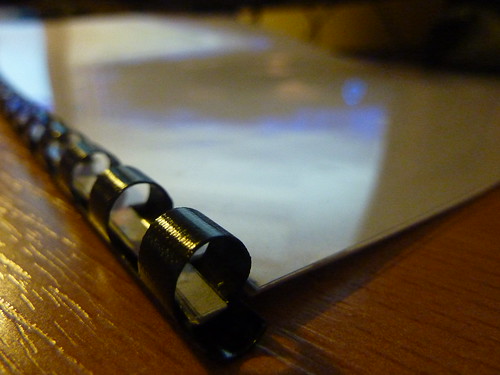February 07, 2013

When evaluating academic documents from around the world, ensuring their authenticity and legitimacy is the most important step. An official academic document, e.g. transcript, certificate, diploma, degree, is one that has been received directly from the issuing/source institution. It must bear the institution’s seal, logo, date, and an appropriate signature.
What makes a document illegitimate or non-official? Here are 5 of the most dubious types of documents:
1. Counterfeit or Fabricated documents – These documents are made up to represent official documents from legitimate or non-existent institutions and in some instance they use stolen letterheads.
2. Forged or altered documents – Official, legitimate documents that have been tampered and altered usually by omission, erasers, deletions, additions, or changes. For example, the transcript may show an entry with a typeface that doesn’t match the typeface of other text on the document.
3. Creative translations – These are actual “translations” of foreign-language documents that embellish, fabricate, and provide misleading information. For example, a secondary/high school diploma from Argentina is called “Bachiller,” but the translation translates it into English as “bachelor,” which is misleading.
4. Inside jobs – These are very difficult to detect on initial review as the documents are actually produced by an unscrupulous employee at the institution for a fee.
5. Degree or Diploma Mills – According to Allen Ezell in “Accreditation Mills,” a degree mill is an organization that: “awards degrees without requiring its students to meet education standards for such degrees; receives fees from their so-called students on the basis of fraudulent misrepresentation and/or makes it possible for the recipients of its degree to perpetrate a fraud on the public.” The academic studies the degree or diploma mills purport to represent are based on fabricated information.
For more reading on this topic, we recommend the following published sources:
Accredited Mills, by Allen Ezell, American Association of Collegiate Registrars and Admissions Officers, Washington, DC. (2007)
Bear’s Guide to Earning College Degrees Non-Traditionally, by John B. Bear, Ph.D., C&B Publishing, Benicia, CA, USA. (1994)
Better Translation for Better Communication, Commission of the European Communities, 1983, Pergamon Press.
Guide to Bogus Institutions and Documents, American Association of Collegiate Registrars and Admissions Officers, Washington, DC. (2006)
Misrepresentation in the Marketplace and Beyond, Ethics Under Siege, American Association of Collegiate Registrars and Admissions Officers, Washington, DC. (2007)

Academic Credentials Evaluation Institute, Inc.
www.acei1.com


